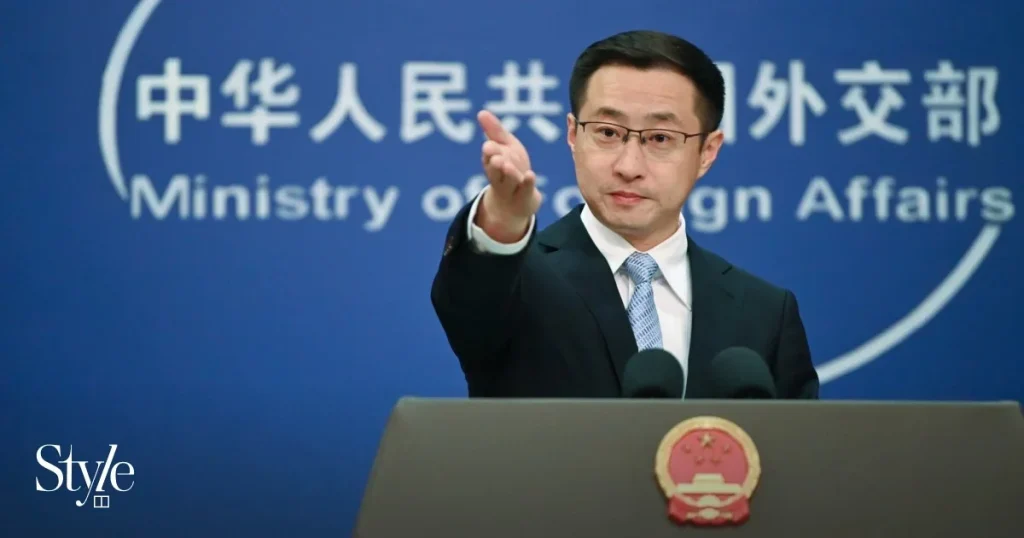Japanese Prime Minister Sanae Takaichi has ignited a diplomatic dispute with China. The controversy stems from her recent comments in parliament. She suggested that a hypothetical Chinese attack on democratic Taiwan could trigger a military response from Tokyo.
Historically, Japan’s leaders consistently avoided publicly linking Taiwan to military scenarios. They maintained a policy of strategic ambiguity, which is also favored by Japan’s main security partner, the United States.
The Source of the Conflict
Takaichi’s remarks caused an immediate, threatening response from a Chinese diplomat stationed in Japan. Additionally, Beijing lodged a formal diplomatic protest.
China denounced the Prime Minister’s comments as a blatant interference in its internal governance. Beijing asserts control over Taiwan. It has never ruled out using force to take the island.
The Prime Minister faced a question from an opposition lawmaker last Friday. The question focused on “survival-threatening situations.” This is a specific legal term. When invoked, it allows a Japanese premier to deploy the nation’s Self-Defense Forces.
Takaichi responded with a scenario. She proposed that an attempt to fully subjugate Taiwan using military force could legally constitute such a life-threatening situation for Japan.
She later stated that if U.S. warships sent to break a Chinese blockade were attacked, Tokyo might need to intervene militarily to defend itself and its ally.
Why the Statement Carries Weight
Taiwan is located just over 110 kilometers (68 miles) from Japanese territory. The sea lanes around the island are vital trade routes. Tokyo’s economy heavily depends on these routes. Furthermore, Japan hosts the largest overseas contingent of the U.S. military.
The concept of a “survival-threatening situation” was broadly defined in a controversial 2015 law. This legislation dramatically expanded the powers of Japan’s traditionally pacifist military.
The law marked a major shift in Japan’s post-war security policy. It also faced large public protests when first introduced.
Takaichi is a hardline nationalist. She assumed office less than a month ago. She further angered Beijing by publicly acknowledging a meeting she held with a Taiwanese representative during a regional summit in Seoul in early November.
Diplomatic Fallout
The current dispute now threatens relations between Asia’s two largest economies. These ties had been relatively stable in recent years.
The Chinese Consul General in Osaka shared a news article about Takaichi’s remarks on social media. He added a threatening comment: “the dirty head that sticks itself in must be cut off.” Tokyo condemned these comments as “extremely inappropriate.” The diplomat later removed the post.
Beijing argued that Takaichi’s statements seriously violated the spirit of a 1972 agreement. In that treaty, Japan recognized the People’s Republic of China as the sole legitimate Chinese government. Japan also stated it “understands and respects” Beijing’s position on Taiwan.
Japan’s Chief Cabinet Secretary, Minoru Kihara, reaffirmed Japan’s commitment to the 1972 agreement on Tuesday. He responded to China’s formal protest. He expressed Tokyo’s hope that Taiwan issues would be resolved peacefully through dialogue.
Takaichi herself stated Monday that her remarks were entirely “hypothetical.” She indicated she would refrain from making similar comments in parliament moving forward.




















